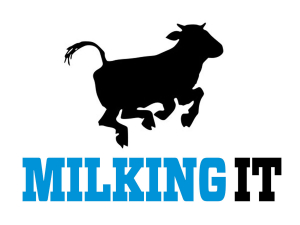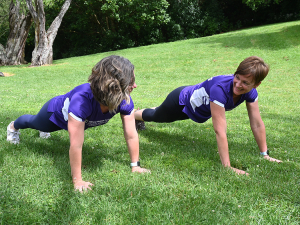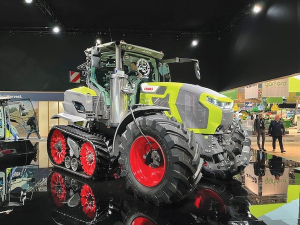OPINION: New Zealand's efforts to cut its methane output from cows is making international news.
Bloomberg reports that cows in New Zealand are getting a cocktail typically associated with hipsters in New York or London.
The report says branded Kowbucha, as nod to the popular fermented drink kombuch, is being tested by one of the world's biggest dairy producers, Fonterra, to see if it can reduce the amount of methane burped out by the country's 4.9 million cows.
"The supplement is the latest effort by the nation's farmers to solve an increasingly pressing problem of livestock emissions as it pledges to become carbon neutral. Unlike most developed economies, New Zealand is heavily dependent on agriculture, expecially cows and sheep.
"Fonterra has cultures that Kiwi farmers have collected since the 1920s for making cheeses and yoghurts and is now testing which ones can reduce the amount of methane cows burp when they digest grass and feed."











